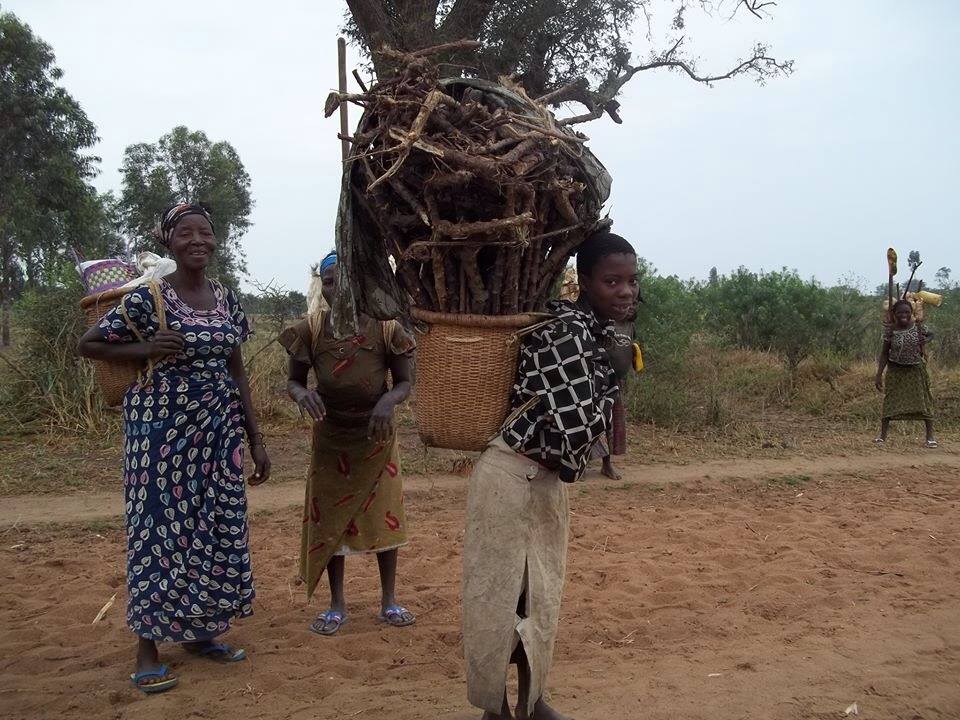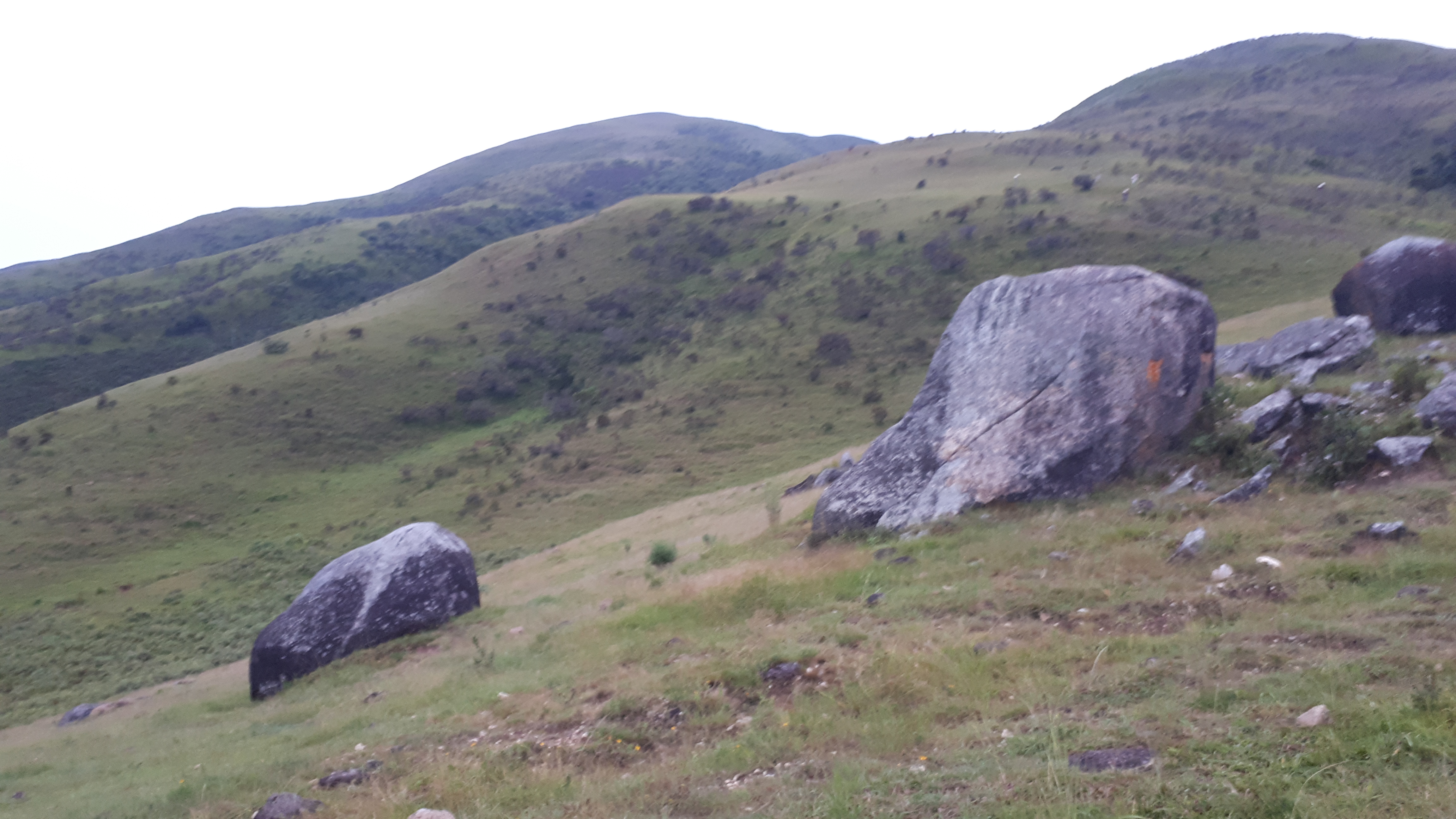
It may sound as riddle when comparing mother versus the “State”. However, it tends to be clear for anyone familiar with the case of Democratic Republic of Congo (DRC) if s/he has witnessed a functional state in the proper sense that a “state” can be compared to different things due to the late failure. On the other hand, it may be agreed that a state collapse tend to emotionally be described based on people’s background. Moreover, whatever failure state might be, at least a fringe of individuals can still benefit from that absence. Emotionally, these privileged individuals who can still benefit from that absence will hardly accord with the assertion. The position is quite understandable as these privileged people never witness the misery as did others.
Despite divergences in terms of interpreting the state, based on its core functions, it sounds largely that DRC has had difficult to comply with them; hence it can be described closer to a failed state regardless individuals’ background. Many would agree on the apparent failure of the state function, though we do slightly question how people survive when the state has roughly collapsed for a half century. The answer can be traced within the hard work of mothers in DRC bearing much of the state responsibilities. Mothers’ work is characterized by fulfilling a large part of responsibilities belonging to the state to the extent that they are recently becoming victims of the later absence.
In short, these are core functions of a state when analyzed empirically. In line with the Weberian approach, a state has the following attributes: legitimate monopoly on the means of violence, administrative control, sound management of public finances, investment in human capital, provision of infrastructures services, delineation of citizens’ rights and duties to the state assets management and rule of law. Though DRC on the juridical perspective exists, it remains far from fulfilling its missions as a functional state. Therefore, the failure leads to roughly admit that the state collapse can be viewed as the central source of misery even though interferences from external factors are worthy to be counted for.
The blogger still believes and find no contradiction with the fact that communities are the mostly entities providing social services as earlier discussed (see the link). However, this article intends to remind in short how mothers have played a great role in filling the gap of the state absence. It calls upon reader to consider mothers’ contribution in DRC while keeping in mind that they act as individuals within a harmful environment. Therefore, their achievements need to be taken seriously as they prove mothers’ abilities to have been extraordinary if they have had an attractive environment. Their realizations can mostly be found in two areas from the short analysis of this article.
On one hand, mums are the premier investors in human capital. Most pf the Congolese you might have known or meet are the products of efforts made by our mothers since conception till we become mature. They are wonderful mothers who care and deliver without health facilities generally with the whole burden it encompasses leading to a loss of two per each hour. Furthermore, as the state has been absent in our daily life, mothers are main providers of basic needs such as food, clothing and school fees. You might have heard or witnessed mum’s working in agriculture, trade retailing as well as small businesses contributed to the development at household level. It is through their arrangements that most of us have expanded and got opened to different opportunities. These mothers are hard working as they never waste time expecting the state support. It can largely be agreed that, though not researched for, mums, contribution to household expansion could be far large that that of their partners. However, valuing their contribution doesn’t underestimate men’s contribution at household level.
Unfortunately, it may appear that some of them, before becoming mothers they do constitute a buffer stock protecting their siblings. Possibly, the fact explains the gap in terms of alphabetization between women and men, respectively of 54% and 81%. The gap never indicates weaknesses of one sides, rather it reveals the absence of state leaving its responsibility to household management. As schooling is a tough struggle, some sisters do unwillingly accept to constitute a sacrifice for their brothers’ interests. In addition, mothers play the role of keeping children when partners have moved to different places as matter of struggling with life as the environment in different remote areas are less attractive.
The most striking contribution is that mothers in DRC provide substitutes for the lacking infrastructures services. While 70% of DRC’s population lives in rural area, electricity’s coverage is only 1%; thus mothers remain the main provider of energy. I hope the reader wouldn’t ask the puzzling question of how mums do afford all these tasks. Additionally, as transportation infrastructures have deteriorated or do not exist if sincerely expressed, mum take over to get life run. It remains also a mystery of how they do take care of children whereas there are few health facilities or inexistent only; that is, by interpretation, they do substitute health infrastructures. Observing DRC’ s mums daily agenda it tells more than it can be expressed in this short post and confirming their role of state substitute.
I guess these proud mothers who strongly stand in the absence of a state even when victimized because the state is slipped deserves honor as we celebrate mothers’ day. They remain a reliable component of any future state construction and source of hope. They deserve respect instead of being raped or harassed sexually by armed people. They equally value to the functional state for someone who understands the latter’s role. It is a time for calling country leaders to think and deepen strategies of establishing state existence. If you feel saddened by the way mums are currently treated as victims of sexual violence in DRC, just voice through sharing and say No and No again to rape and sexual violence against mothers who stand for a state substitutes.
Ntanyoma R. Delphin
Twitter account @delphino12
Email: rkmbz1973@gmail.com
Blog: www.edrcrdf.wordpress.com
[polldaddy poll=7990138]


Oooooooooooh!Franchement,à travers les photos de cet article,nos mamans vivent sous une domination barbare et sans pitié.C’est vraiment triste.
Carrement raison. Il nous faut un changement de ces conditions